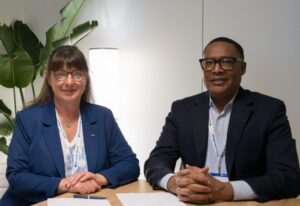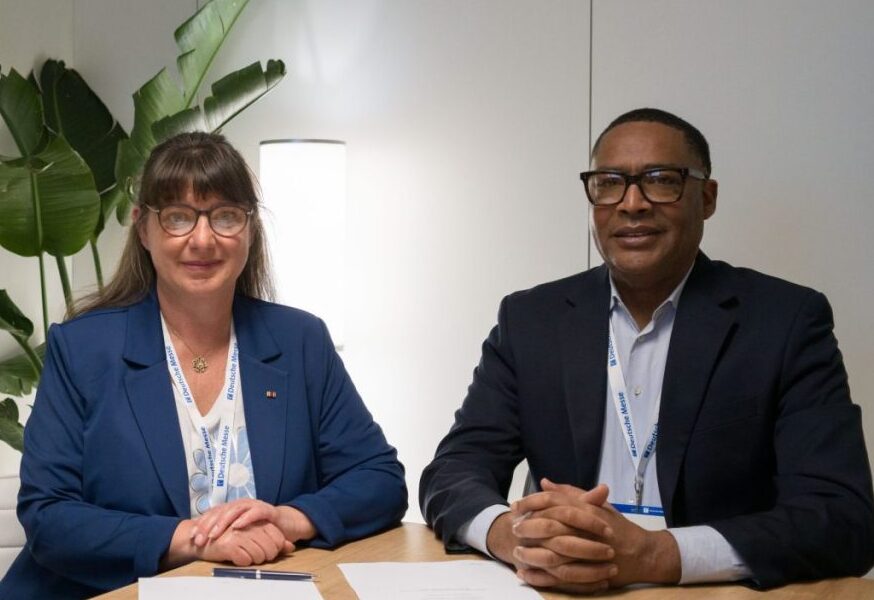 Global technology powerhouse Siemens has entered into a groundbreaking partnership with Miko Pharma to establish advanced pharmaceutical manufacturing facilities in Ghana. The agreement, one of the most significant in the nation’s pharmaceutical history, was signed at the prestigious Hannover Messe trade fair in Germany.
Global technology powerhouse Siemens has entered into a groundbreaking partnership with Miko Pharma to establish advanced pharmaceutical manufacturing facilities in Ghana. The agreement, one of the most significant in the nation’s pharmaceutical history, was signed at the prestigious Hannover Messe trade fair in Germany.
Under the deal, Siemens will oversee the development of industrial applications, infrastructure, utilities, and buildings for Miko Pharma’s operations in the Eastern Region of Ghana, in full compliance with rigorous World Health Organization standards.
“Our mission is to support the production of safe and effective pharmaceuticals in Africa. This collaboration with Miko Pharma is a major stride toward that objective,” said Sabine Dall’Omo, CEO of Siemens Sub-Saharan Africa. “With our advanced technologies and deep industry expertise, we are committed to helping build a robust and sustainable pharmaceutical industry in Ghana. It’s an honor to be part of this transformative initiative.”
Miko Pharma, led by Harvard-trained plastic surgeon Dr. Michael Obeng, plans to generate 130 jobs through the local production of high-quality, affordable medications. These drugs will address critical health needs such as hypertension, diabetes, heart disease, HIV, malaria, and pain relief. “This venture is a major step toward improving access to healthcare in the region,” Dr. Obeng noted.
“This agreement with Siemens marks a proud milestone for our team at Miko Pharma,” added Executive Partner Willard Jackson. “It’s more than just building facilities—it’s about redefining healthcare standards in Ghana and across Africa. With Siemens as our partner, we are confident that these facilities will not only deliver accessible, high-quality medicine but also foster local employment and industrial self-reliance.”
The Siemens-Miko Pharma agreement represents a major advancement for Ghana’s pharmaceutical sector, expected to drive both economic development and healthcare improvements by enabling local production through cutting-edge innovation and global best practices.
Ghana’s Pharmaceutical Sector: A Snapshot
As of 2023, locally manufactured pharmaceuticals account for 30% of Ghana’s total market demand. The Ghana Food and Drugs Authority reported 36 licensed pharmaceutical manufacturing facilities and over 3,500 registered pharmaceutical shops nationwide.
The sector is increasingly vital to the national economy, contributing 0.8% to GDP and 21.8% of total healthcare spending in 2023. According to Deloitte Ghana, pharmaceutical sales hit GHS6.6 billion (US$571 million) in 2023 and are projected to reach GHS10.7 billion (US$735 million) by 2028, driven largely by the rising demand for generic medications. Statista forecasts the market will generate approximately US$254.88 million in revenue by 2025.
With this historic deal, Siemens and Miko Pharma are poised to significantly accelerate the growth of pharmaceutical manufacturing in Ghana, paving the way for a more resilient and self-sustaining healthcare industry.
Source: Siemens Enters into Historic Pharmaceutical Manufacturing Deal with Miko Pharma in Ghana



